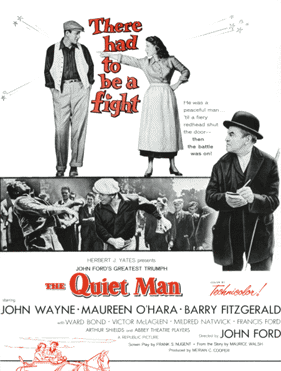Fr. William Doyle, S.J.
I wrote a bit about Fr. Willie Doyle on this site last year, as did Mark Sullivan in this excellent piece.
Here is a little more about him from this site dedicated to him:
Father William Doyle was born at Dalkey, Co Dublin on 3rd March, 1873, the youngest of seven children. He was ordained as a Jesuit in 1907 and volunteered to serve as a Military Chaplain at the front in 1914. He was appointed to the 8th Royal Irish Fusiliers, 16th (Irish) Division, in November 1915. His first experience of battle was at Loos where he was caught in the German poison gas attack on 26 April. He ministered to the soldiers in the midst of the battle, displaying a total disregard for his own safety. He was mentioned in dispatches but his Colonel’s recommendation for the Military Cross was not accepted because he had not been long enough at the front. He was presented with the parchment of merit of the 49th Brigade.
In May 1916, he had a lucky escape: "I was standing in a trench, quite a long distance from the firing line, a spot almost as safe as Dalkey (his home village) itself, talking to some of my men when we heard in the distance the scream of a shell......none of us had calculated that this gentleman had made up his mind to drop into the trench itself, a couple of paces from where I stood. What really took place in the next ten seconds I cannot say. I was conscious of a terrific explosion and the thud of falling stones and debris. I thought the drums of my ears were split by the crash, and I believe I was knocked down by the concussion, but when I jumped to my feet I found that the two men who had been standing at my left hand, the side the shell fell, were stretched on the ground dead, though I think I had time to give them absolution and anoint them. The poor fellow on my right was lying badly wounded in the head; but I myself , though a bit stunned and dazed by the suddenness of the whole thing, was absolutely untouched, though covered with dirt and blood."
The reason for this reminiscence is that Roman Catholic Books has now reprinted his biography, "Merry in God". It can be ordered here.









































